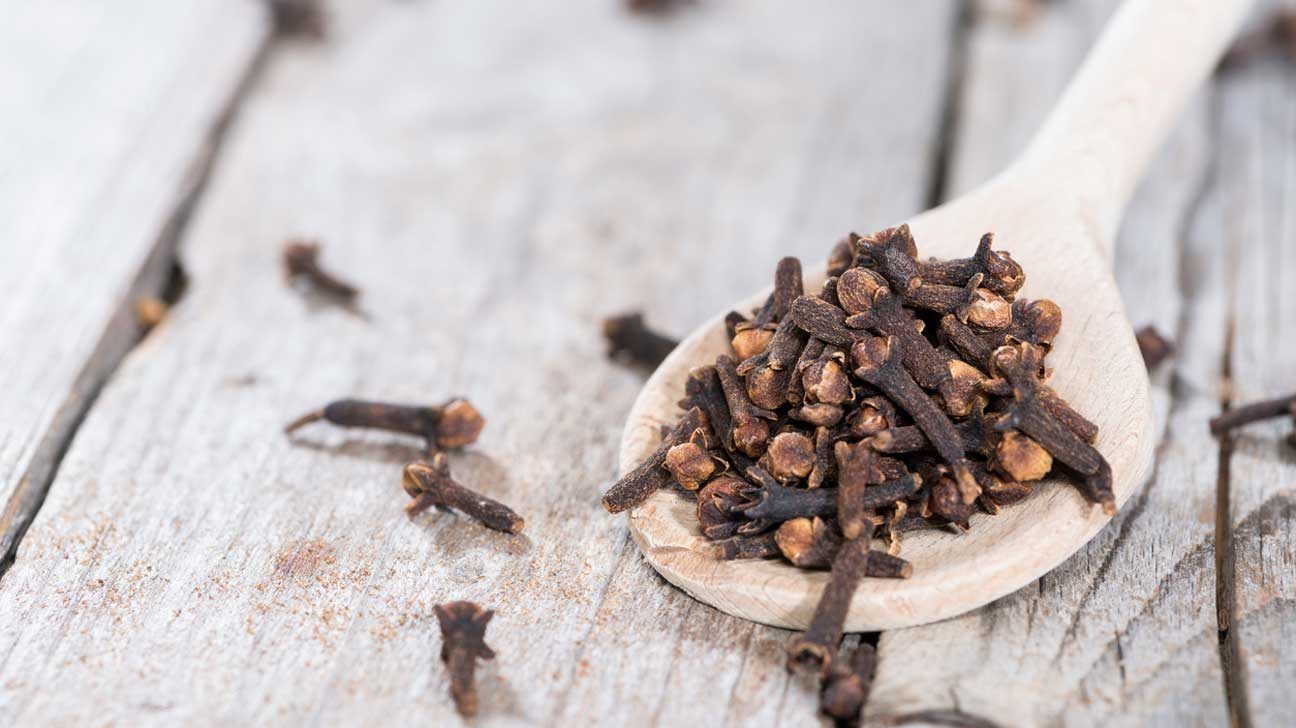For thousands of years, cloves have been known to sweeten your breath. It might sound strange but this is how Cloves became a well-known flower when it wasn’t used as a spice for food. In Ancient China (more specifically during the Han Dynasty in 200 BCE), envoys from Java, an island which is now under the jurisdiction of Indonesia, brought cloves that they put inside their mouth to perfume their breath during audiences with the Emperor.
From what we can deduce, it’s believed that the Ancient Chinese first got their hands on cloves through several different cultures, including the considered ancestors of today’s Filipinos, who were known as adventurous Nusantao seafarers. After being introduced to China, cloves quickly became popular and soon, they were used in foods, medicines, perfumes, and hairdressing. The spice reached India in the second century CE, where it was called “Kalika-Phala”.
Since then, Kalika-Phala was also known as Lavang and used in many herbal medicine practices including Ayurvedic medicine, where they are considered to improve blood circulation, give relief to indigestion, enhance metabolism, and help counter stomach disorders such as gas, bloating, and nausea.
Characteristics of Clove
Syzygium aromaticum or Clove is a tropical evergreen that belongs to the Myrtaceae family. This monoecious tree, native to the Moluccas or Spice Islands in Indonesia grows to a height ranging from 10 to 20 meters and can live for more than 100 years old. It is famous for its small reddish-brown flower buds that are usually used as a spice. The world-famous cloves, which are being used in flavouring many of our foods, are the unopened version of these flower buds. Since they are strong in aroma, pungent, and hot, they were considered an important commodity in the earliest spice trade.
Indonesia, which is the world’s largest archipelago, produces more than 50% of the world’s clove output. The tree is also cultivated in many parts of the world including Madagascar, Tanzania, Pakistan, India, Sri Lanka, Mauritius, and the West Indies.
Flavour Profile
Similarly to other spices used in tea such as cinnamon, red clove tea is full of warmth with a hot, pungent flavour that brings a satisfying sweetness with just the right balance of slight bitterness. Not only does it taste similar to other spices such as cinnamon in a tea, but it pairs well with them too!
Modern Medicinal Value of Clove
Cloves are full of nutrients and are believed to have many healing components. No wonder, they have been used in both Traditional Chinese Medicine and Ayurveda medicine, the world’s oldest healing systems, still used by many people around the world. The oil extract from cloves has been proven to be very effective in treating a number of ailments such as joint pain and respiratory conditions. Indeed, the clove tree has certainly proven its effectiveness as a medicinal plant. Aside from the above, below are some more benefits you might get from drinking clove tea regularly:
It can help treat gum pain and toothache
Gargling warm clove tea can effectively lessen the bacteria in your mouth. This way, it can provide quick relief if you’re suffering from toothache and gum pain. Cloves are also another great spice that’s anti-inflammatory that can aid in relieving the swelling of the gums.
Although we would always advise you to first consult a dentist if you have a toothache, sipping some clove tea in your weekly routine can certainly be a way to improve your oral health and avoid any future unexpected trips to the dentist.
It may improve liver health
Research suggested that eugenol, a compound that can be found in cloves, may be beneficial for the liver since a study showed that this chemical reduced oxidative stress, improved liver function, and reversed signs of liver damage in animal subjects. However, it’s important to note that ingesting too much clove oil can do the opposite effect and cause toxicity. Always follow instructions when utilising clove oil or just sip a much safer clove tea from Tea Life!
It can be used as a hand sanitiser
When it comes to sanitisers, many people prefer organic and natural alternatives, particularly when using them regularly. Cloves can be used as an alternative to commercially available sanitisers because it does not include chemicals that may dry your skin or affect you in a negative if you have any allergies. Just pour clove tea over your hands and rub them with it. This will create friction which in turn aids in cleansing any dirt on your hands for a little exfoliating action. This spice can effectively kill germs without damaging your skin, a win-win!
It contains important nutrients and antioxidants
This spice is full of nutrients which include fibre (which is important for digestive health and regular bowel movements), manganese (an essential mineral for building strong bones and maintaining brain function), vitamin K (which is essential for blood clotting and bone metabolism), and antioxidants (which keep the immune system healthy and help delay the aging process).
The clove plant has been cherished by many people over centuries, and we love that it continues to be an important plant used in many ways, from spices to oils to a pleasant tea. From ancient traders to modern herbal tea drinkers, this spice is deeply ingrained in history not only as a medicine but also as a flavouring that helped influence different cultures and changed our way of life for the better.



